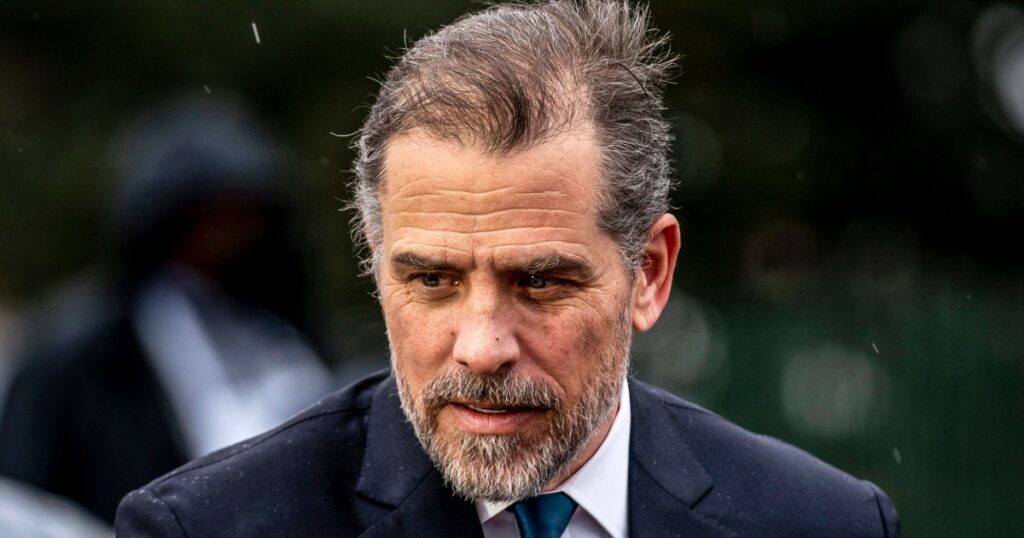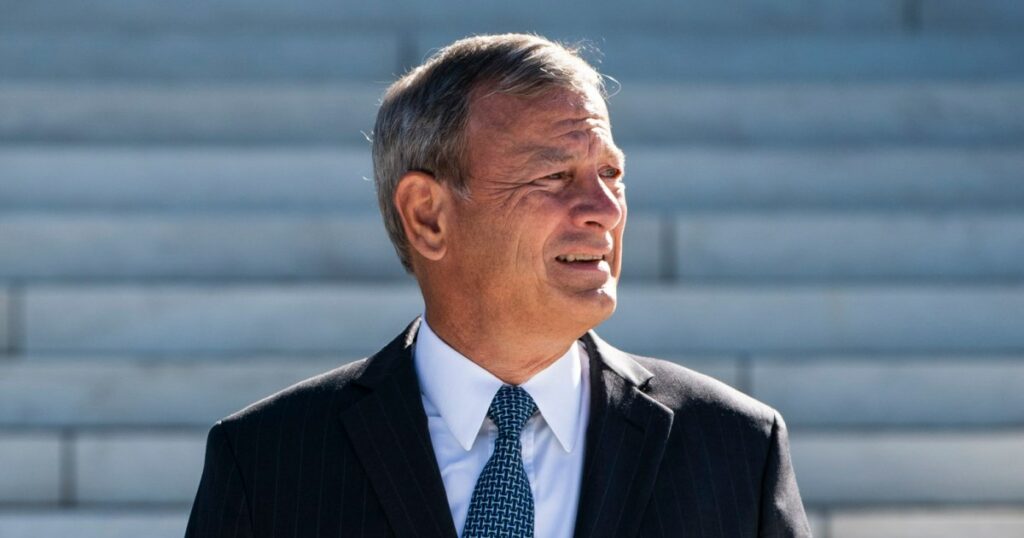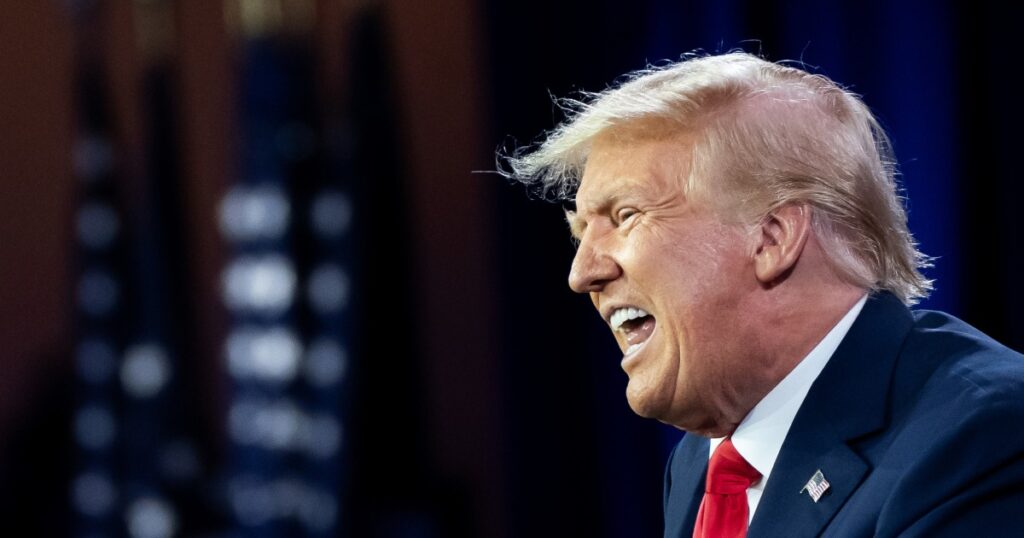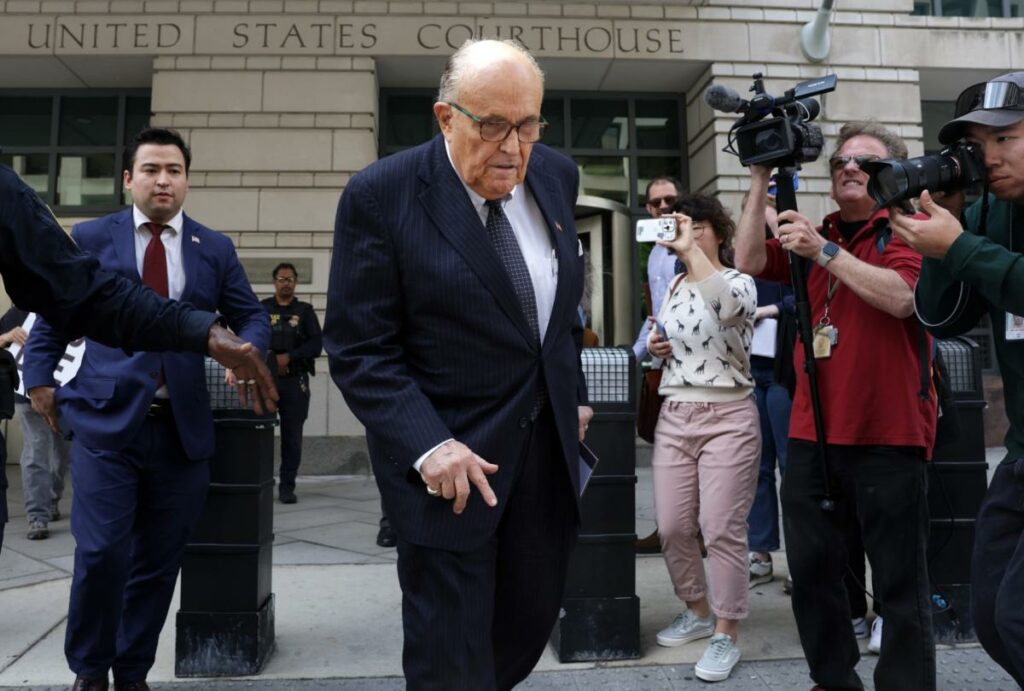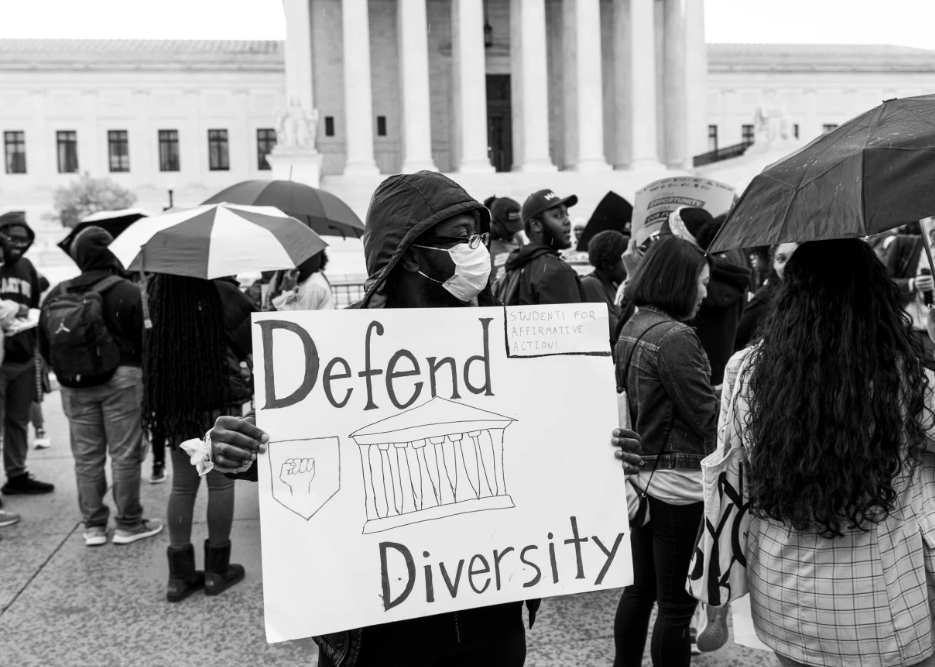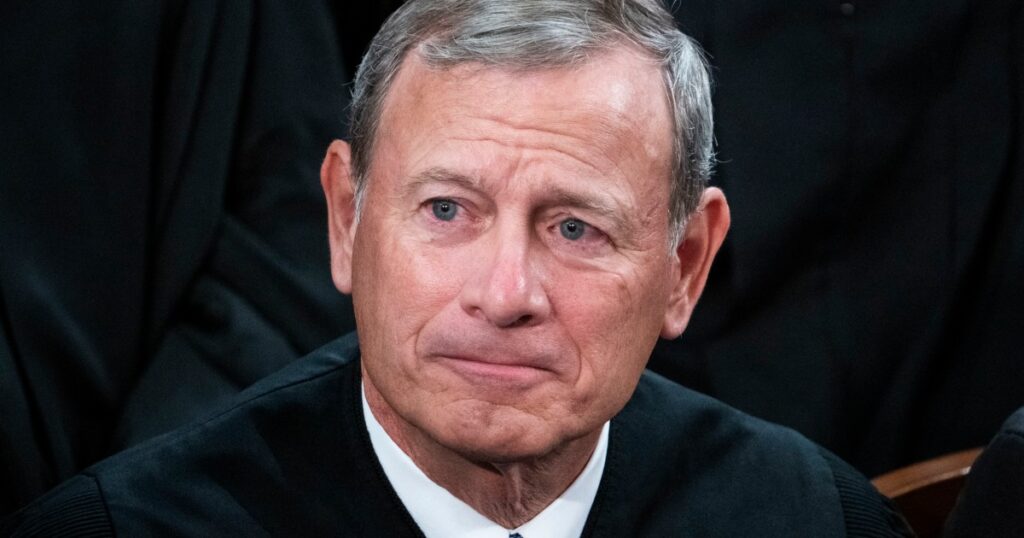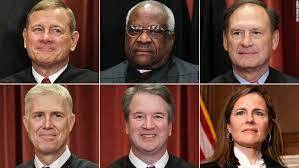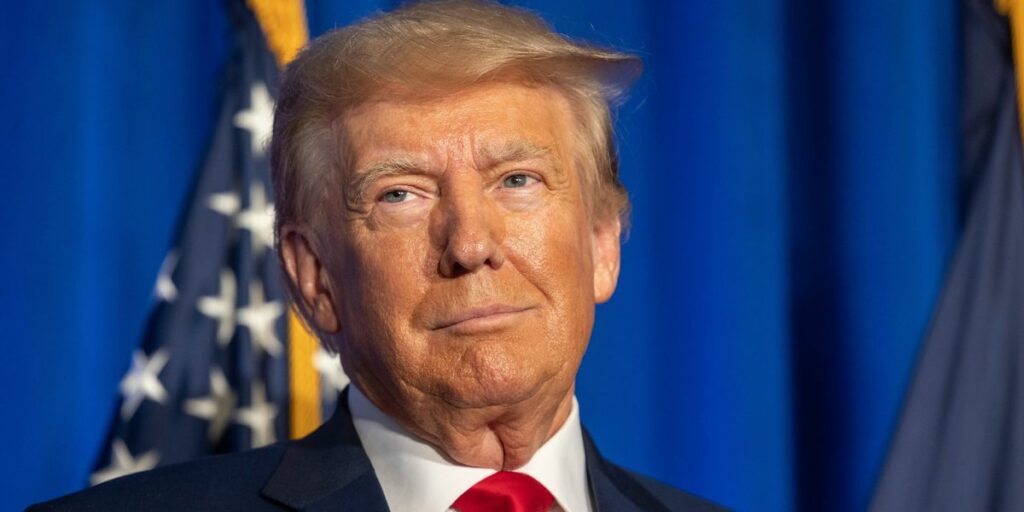In the ongoing dispute between an IRS agent and the U.S. attorney in Delaware over the Hunter Biden investigation, it’s important to consider both sides of the story. Delaware U.S. Attorney David C. Weiss recently sent a letter to clarify any misperceptions and assert that he has never been denied the authority to bring charges in any jurisdiction. Former IRS agent Gary Shapley, who has been critical of the handling of the case, has been portrayed as a star witness by Congressional Republicans. However, it’s crucial to note that the investigation into Hunter Biden has already resulted in a guilty plea to two misdemeanor tax charges and participation in a two-year diversion program. Weiss has emphasized that the investigation is still ongoing.
One point of contention revolves around a meeting between agents and prosecutors, where Shapley claims that Weiss sought and was denied special counsel status to pursue charges outside of Delaware. Attorney General Merrick Garland has vehemently denied these claims, stating that Weiss had complete authority to make decisions on his own. Weiss explains that there may have been a misunderstanding between the terms “special counsel” and “special attorney,” and he never sought to be appointed as a special counsel. Instead, he discussed the possibility of being appointed a special attorney, which would have given him even more power to file charges in any district without the partnership of the local U.S. Attorney.
It’s possible that Weiss and Shapley were simply talking past each other, as often happens in complex situations. Additionally, there may have been differing perspectives on the appropriate charges and disposition of the case between agents and prosecutors. Ultimately, it is the prosecutor who has the final say, as they are the ones who present the case to a jury.
Critics have referred to Hunter Biden’s plea agreement as a “sweetheart deal,” but based on the information available, the charges seem harsh rather than lenient. Misdemeanor tax offenses are typically resolved civilly, and the charge of possessing a gun while using illegal drugs is usually reserved for serious threats to public safety. There is no evidence to suggest that Hunter Biden posed such a threat.
As the investigation is ongoing, U.S. Attorney Weiss is limited in his ability to respond to critics due to ethical constraints. However, he has invited congressional leaders to ask questions at the conclusion of the investigation. If their concerns are genuinely about Justice Department oversight and not just political point-scoring, they should accept this invitation. In the meantime, it’s important to avoid further fueling conspiracy theories and focus on the facts at hand.
Unveiling a Plausible Explanation for the Hunter Biden “Whistleblower” Confusion
In recent months, the name Hunter Biden has become a topic of intense scrutiny and controversy. As the son of President Joe Biden, Hunter’s business dealings and alleged ethical lapses have been the subject of numerous investigations and media attention. However, amidst this ongoing saga, a new twist has emerged, involving a supposed “whistleblower” and the confusion surrounding their identity. In this article, we aim to shed light on this perplexing situation and provide a plausible explanation for the Hunter Biden “whistleblower” confusion.
The confusion surrounding the Hunter Biden “whistleblower” can be traced back to a series of events that unfolded in late 2020. It all began when a laptop purportedly belonging to Hunter Biden was discovered and subsequently handed over to the FBI. This laptop allegedly contained a trove of emails and other documents that raised questions about Hunter’s business dealings, particularly in Ukraine and China.
Soon after the laptop’s existence became public knowledge, a mysterious individual claiming to be a whistleblower emerged, offering to provide additional information and evidence regarding Hunter Biden’s activities. This individual, who initially identified themselves as “John Paul Mac Isaac,” claimed to be the owner of the computer repair shop where the laptop was dropped off. They alleged that Hunter Biden had abandoned the laptop and that its contents were of great significance.
However, as the story unfolded, inconsistencies and doubts began to surface. It was revealed that “John Paul Mac Isaac” was not the actual name of the individual in question, but rather an alias used to protect their identity. This revelation raised suspicions about the credibility of the whistleblower’s claims and their motivations.
Further investigation into the matter revealed that the individual behind the “John Paul Mac Isaac” alias had connections to individuals associated with President Donald Trump’s personal lawyer, Rudy Giuliani. This revelation added another layer of complexity to the situation, as it raised concerns about potential political motivations behind the whistleblower’s actions.
So, what could be a plausible explanation for this confusion? One possibility is that the individual behind the “whistleblower” persona may have genuinely believed they were exposing wrongdoing and acted with good intentions. However, their association with individuals connected to Giuliani raises questions about potential political bias and manipulation.
It is not uncommon for whistleblowers to emerge in high-profile cases, seeking to shed light on alleged misconduct. However, the credibility of a whistleblower is crucial in determining the veracity of their claims. In this case, the confusion surrounding the individual’s identity and their connections to political figures casts doubt on their credibility.
It is important to note that the confusion surrounding the Hunter Biden “whistleblower” does not invalidate the concerns raised about Hunter’s business dealings. The existence of the laptop and its contents still warrant further investigation and scrutiny. However, it is essential to approach the information with caution and skepticism, considering the questionable circumstances surrounding its emergence.
In conclusion, the Hunter Biden “whistleblower” confusion is a complex and convoluted situation that requires careful examination. While it is plausible that the individual behind the “whistleblower” persona may have had genuine concerns, their association with political figures raises doubts about their credibility. As the saga surrounding Hunter Biden’s business dealings continues, it is crucial to separate fact from fiction and approach the information with a critical eye. Only through thorough investigation and unbiased analysis can the truth be uncovered.

